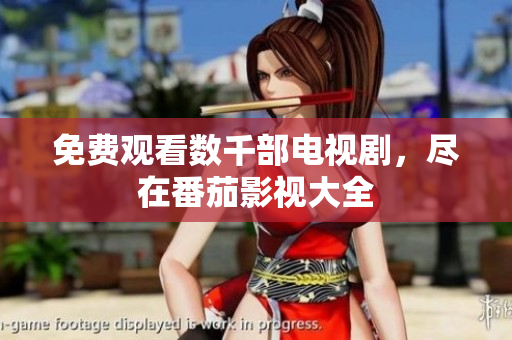Introduction
Art has always been an integral part of human culture, reflecting the values and beliefs of society. Western art, in particular, has produced some of the most celebrated and iconic masterpieces that continue to inspire and captivate people across the globe. However, amidst the richness of human expression through art, we also face challenges and concerns that demand attention. This article explores the intersection of Western art, 5G technology in China, classroom management, gaming ethics, and education in developing countries.
Top Western Artworks
Western art has a rich and diverse history, encompassing various styles, genres, and techniques. Among the most notable works are the Mona Lisa by Leonardo da Vinci, The Scream by Edvard Munch, The Last Supper by da Vinci, and The Starry Night by Vincent van Gogh. These masterpieces exemplify the technical proficiency, emotional depth, and aesthetic brilliance that have made Western art a hallmark of human creativity.
5G Technology in China
As technology continues to shape our lives, China has emerged as a major player in 5G technology, the next generation of wireless communication. 5G promises faster internet speeds, enhanced data connectivity, and improved device performance. However, concerns have been raised about China's surveillance practices and the risks of foreign interference. It is essential to develop ethical and transparent guidelines for the use of 5G to ensure that the benefits are maximized and the risks minimized.
Classroom management
Effective classroom management is crucial for creating a conducive learning environment. One common issue faced by teachers is student disruptions, which can hinder the learning process and affect the overall classroom dynamic. Teachers should strive to establish clear rules and guidelines, develop positive relationships with students, and engage them in interactive and stimulating activities to maintain their interest and focus.
Gaming ethics
Online gaming has become an increasingly popular form of entertainment, particularly among young people. However, concerns have been raised about the ethical implications of in-game purchases and microtransactions, which can promote addictive behavior, gambling-like tendencies, and financial exploitation. It is essential to develop responsible gaming practices that prioritize player welfare and transparency while still allowing for the enjoyment of the gaming experience.
Education in Developing Countries
Access to education remains a significant challenge in many developing countries, particularly in Southeast Asia. Factors such as poverty, lack of resources, and cultural barriers hinder the development and implementation of effective educational systems. It is crucial to prioritize education as a global public good and invest in sustainable and inclusive solutions that empower individuals and communities to achieve their full potential.
In summary, Western art, 5G technology, classroom management, gaming ethics, and education in developing countries illustrate the complex and diverse nature of our world. As we navigate these issues, we must prioritize ethical and sustainable practices that promote the common good and advance human flourishing.









